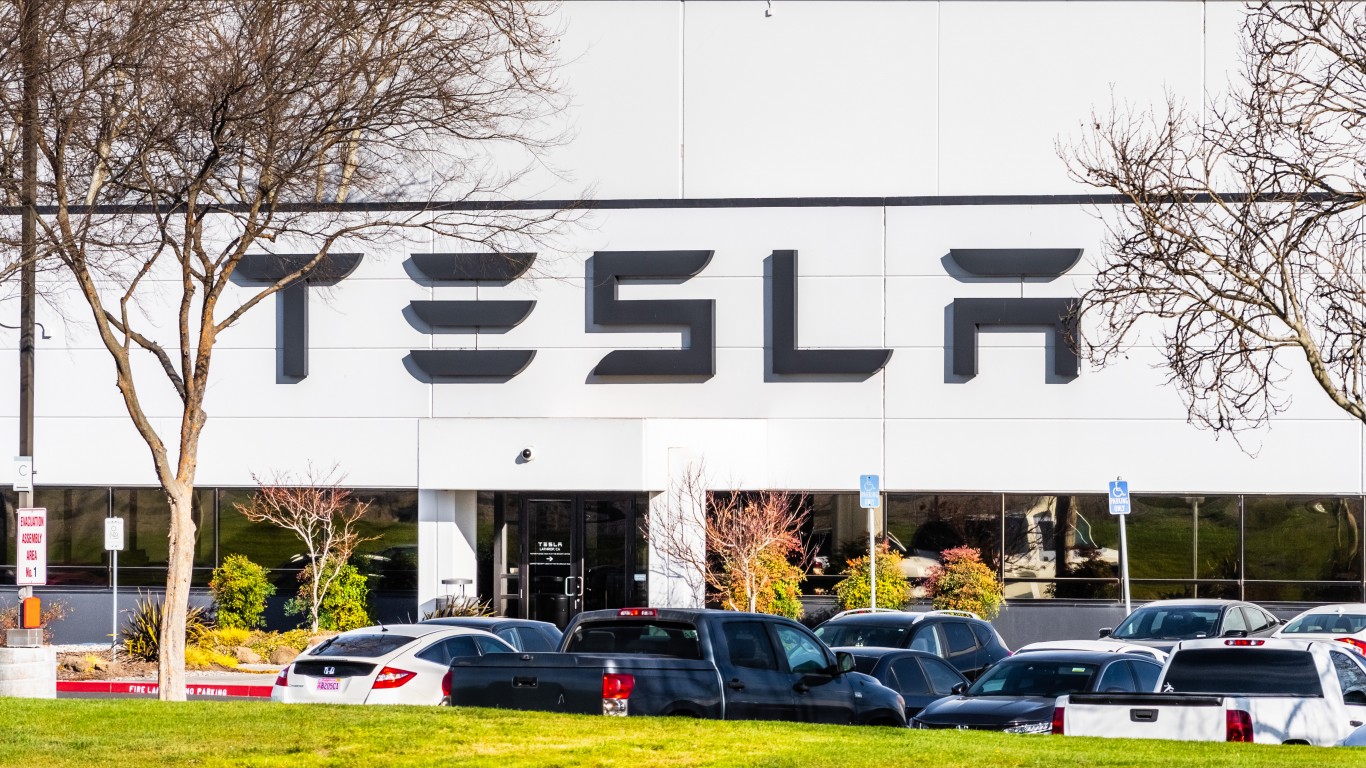
Chinese car companies are advancing in battery technology, now claiming ranges of 500-600 miles. They’re expanding from low-cost vehicles to mid-market, SUVs, and luxury cars within China. These cars aren’t currently in the U.S. due to government restrictions, but historically, consumer demand often overrides such barriers. This could threaten U.S. automakers like Ford (NYSE: F) and GM (NYSE: GM), especially if Chinese EVs, offering long range and lower costs, enter the market. While internal combustion engines still dominate and EV infrastructure is lacking, the potential for Chinese EVs to appeal to urban consumers could reshape the market in the next 10-15 years.
Transcript:
Well, the Chinese car companies are now claiming they can get 500 to 600 mile ranges with the latest batteries. And they’re also aggressively moving from what you and I would consider to be very inexpensive cars, 12,000 US dollars, into the middle market, into the SUV market, into the luxury market inside of China. The only reason that those cars aren’t in the United States right now is the US government says they can’t be in the United States right now. Over the decades, over the sort of history of commerce in the United States, really good products that consumers want and offer an advantage to the American consumer are often not kept out of the United States. They may be able to do it for a while, but eventually, it’s viewed as the consumer benefits from this so much that we’ve got to open the doors. And I think that’s the day that Ford and GM basically just get relentlessly hammered.
Yeah, I mean, I don’t think the internal combustion engine is going anywhere, and I don’t think that the Chinese are going to flood us with EVs because a lot of people here just don’t want them. But like you said, with a longer range, with a 500 or 600-mile range, which is about like—that’s the range on a full tank of gas in a Murano like we have. It’s 525 miles. But, you know, the infrastructure is not there. And I don’t know. I don’t think I see it in my lifetime, but perhaps it could be within the next 30 years.
Right. And we’re also talking about breaking the back of that constant complaint that EVs cost too much money. Right. If these cars come into the United States without having tariffs on them, these are sub $20,000 cars. which means that the issue of price disappears.
Yeah. And maybe they never appeal to rural people, but anybody in an urban area, especially if gasoline prices stay high, anybody in an urban area would maybe give it a second look. Now that could be again, 10 or 15 years from now, but hey, if you’re 25 years old and you’re 40, then why not?
Are You Still Paying With a Debit Card?
The average American spends $17,274 on debit cards a year, and it’s a HUGE mistake. First, debit cards don’t have the same fraud protections as credit cards. Once your money is gone, it’s gone. But more importantly you can actually get something back from this spending every time you swipe.
Issuers are handing out wild bonuses right now. With some you can earn up to 5% back on every purchase. That’s like getting a 5% discount on everything you buy!
Our top pick is kind of hard to imagine. Not only does it pay up to 5% back, it also includes a $200 cash back reward in the first six months, a 0% intro APR, and…. $0 annual fee. It’s quite literally free money for any one that uses a card regularly. Click here to learn more!
Flywheel Publishing has partnered with CardRatings to provide coverage of credit card products. Flywheel Publishing and CardRatings may receive a commission from card issuers.
Thank you for reading! Have some feedback for us?
Contact the 24/7 Wall St. editorial team.





